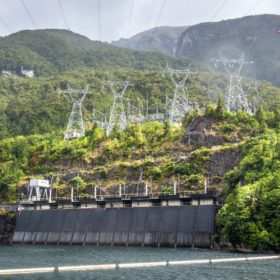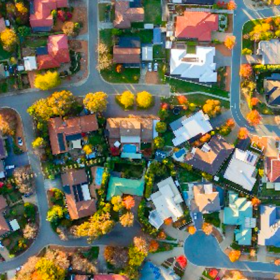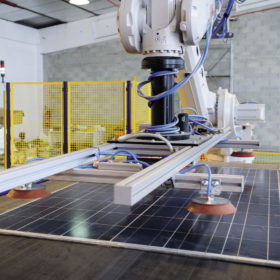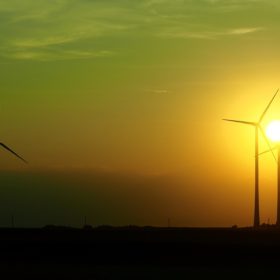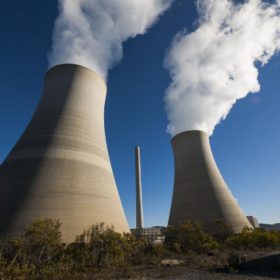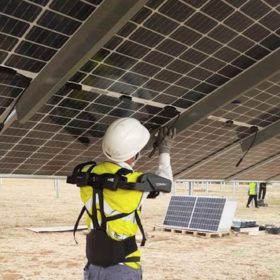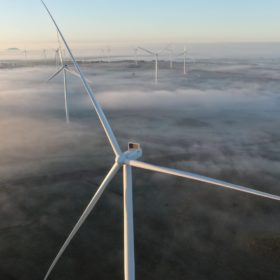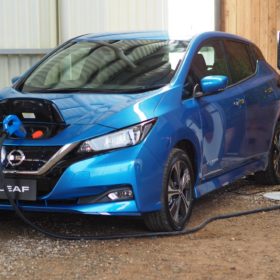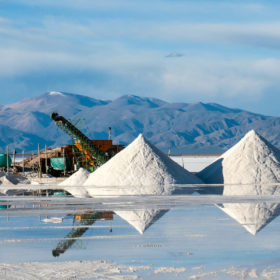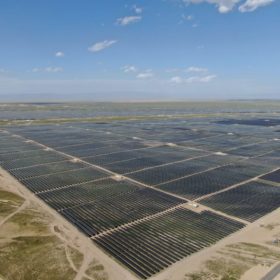Two Australian companies left vying for giant $4.5b green hydrogen project in NZ
Fortescue Future Industries and Woodside have been selected as the two finalists in the race to develop what could be one of the world’s largest green hydrogen projects, a 600 MW facility in New Zealand’s Southland.
Melbourne’s suburbs shining with solar and battery uptake
After a bumpy start, the Victorian government’s Solar Homes Program is now in full swing, lead by strong uptake in Melbourne’s suburbs and the state’s rural north. Meanwhile, demand for batteries linked to rooftop solar has skyrocketed over the last month, spurred by the energy crisis and an especially cold winter.
Recycling process promises ‘better than new’ silicon wafers
Scientists in China have developed a new recycling process for PV modules that can recover intact silicon cells from end-of-life products, and process them back into wafers. As part of the recycling process, the wafers are purified and surface-treated, making them suitable for integration into new, high-efficiency cells and modules.
Tenders for floating PV, storage, hybrid wind-solar projects in India
Solar developers have until July 15 to express interest in developing 105 MW of grid-connected floating solar in the Indian state of Maharashtra.
Energy board releases capacity market design, advocates fossil fuel inclusion despite criticism
Under renewed urges from ministers to expedite market reforms, the Energy Security Board has today released a ‘high-level’ design paper for its capacity mechanism proposal, through which the agency hopes to prevent a disorderly energy transition.
AEMO says it has not suspended project commissioning but testing and resources limited amid crisis
The Australian Energy Market Operator (AEMO) says it has not suspended solar and wind project commissioning, though it noted the schedules for some projects have been adjusted because of the ongoing energy supply crisis.
Snowy Hydro signs wind deal with CWP
Australian gentailer Snowy Hydro has signed a power purchasing agreement with CWP Renewables for its biggest wind farm, currently in development in New South Wales.
Realising electric vehicle-to-grid services
Dr Kathryn Lucas-Healey on vehicle-to-grid (V2G) technologies and the Australian National University’s (ANU) Realising Electric Vehicle-to-grid Services project which will see electric vehicles being used to support the the national electricity grid.
Battery metals: How quickly can supply ramp up?
A couple of weeks ago, Goldman Sachs sent shockwaves through battery metals markets, issuing a prediction that cobalt and lithium in particular were due for a sharp price decline in the next two years. But London-based Benchmark Mineral Intelligence is loudly pushing back, outlining its reasons why it believes the call on lithium was wrong. Meanwhile, US analyst Wood Mackenzie says that the battery raw material chain will remain tight, but notes that recycling could help to ease the supply deficit.
High-wattage solar modules increase risk of thermal runaway
Longi Solar outlines its high-temperature mitigation logic in designing the lower current, high-wattage Hi-MO5 solar panel series.
